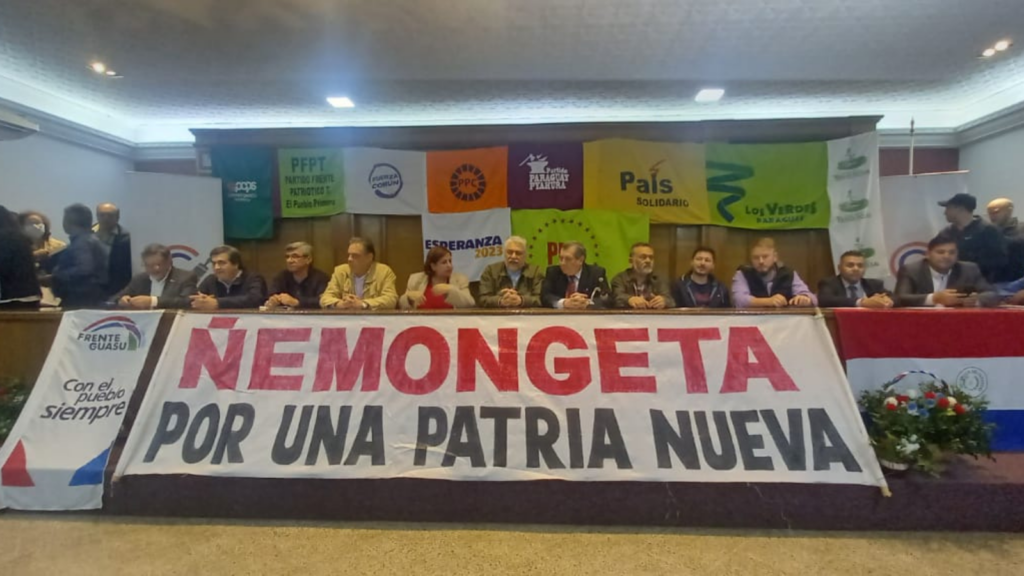In recent years extortion has grown considerably through electronic messages; duplicating profiles of social networks such as Facebook and Instagram or with the theft of the WhatsApp account.
In the case of companies, the extortion carried out in the virtual space includes hacking and kidnapping of information. In this type of illicit criminals are much more trained and usually commit crimes from outside our country.
Although deception and fraud represent enormous patrimonial damage for people and companies, it is face-to-face extortion that represents a real risk to the physical integrity or life of people; the survival of small businesses, as well as large companies; as well as for democracy and governance of the country.
Small businesses are often the hardest hit. Faced with the threat of weapons, the merchant has few elements of protection and is not likely to file a complaint.
Recently, face-to-face extortion has evolved into other forms: the control of legal markets and extortion of authorities.
Organized crime controls who can produce, distribute and sell certain products in certain areas of the country. In such a way that authentic monopolies are generated, which affect the price of goods and the well-being of communities.
Of all the forms of extortion, the one that will have the most adverse effects in the long term is the one that is carried out against authorities.
Such conduct includes the control of bids; the direct transfer of public resources or the appointment and control of officials.















